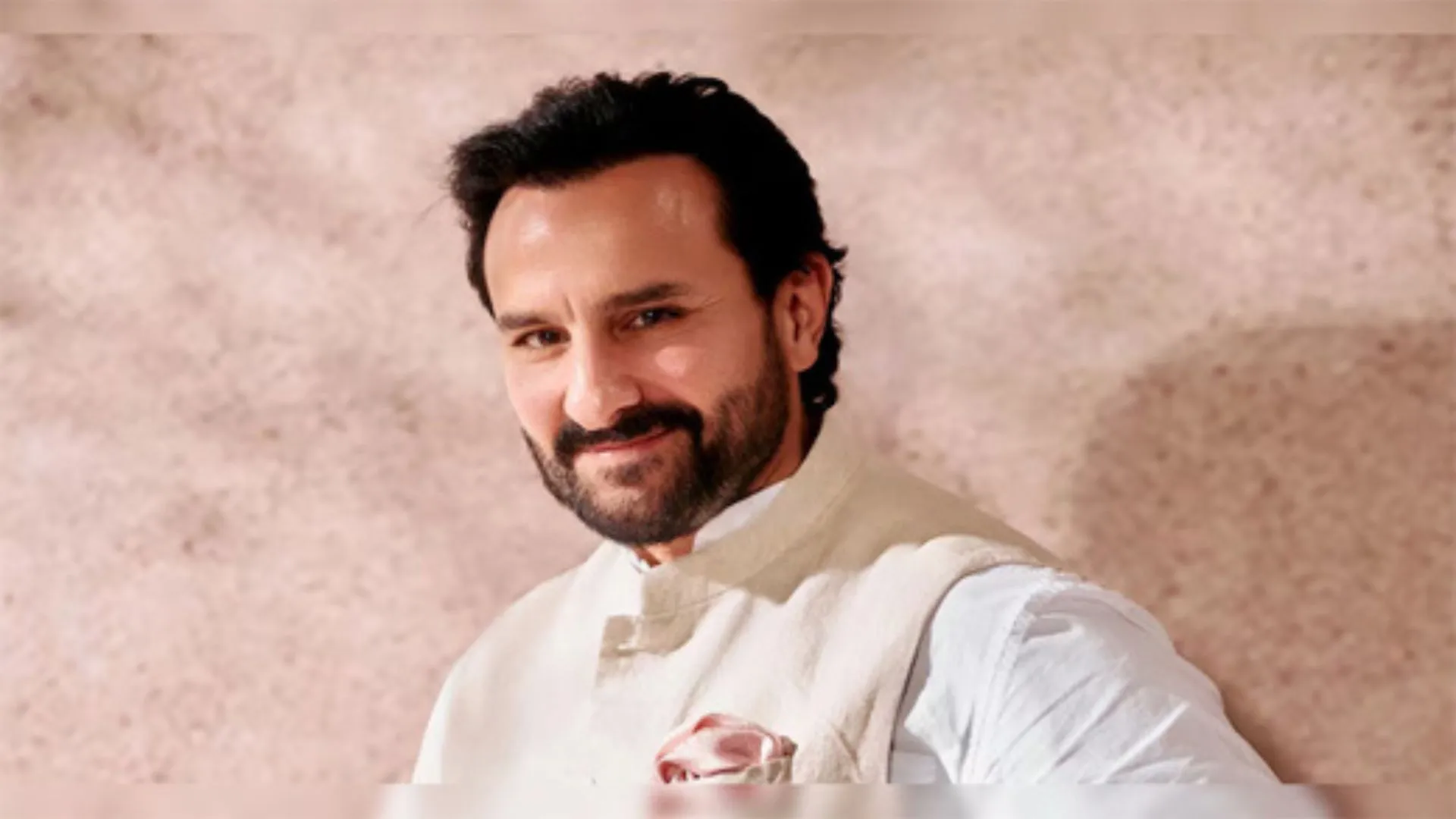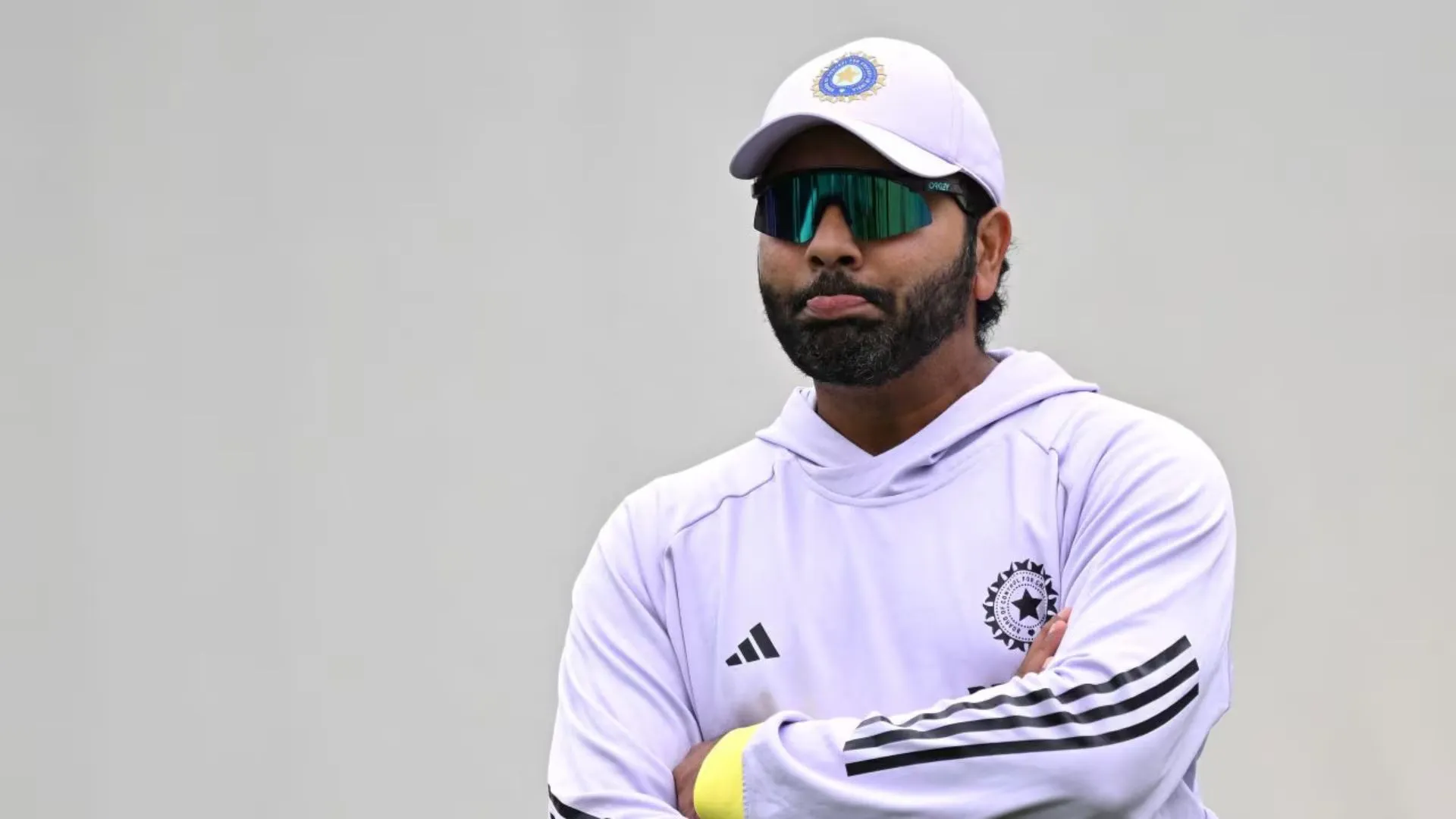The Indian Government is drafting new legislation called the Digital India Bill, designed to regulate the internet and address emerging cybercrimes. Rajeev Chandrasekhar, Minister of State for Electronics and Information Technology (MEITY), stated that the bill would target 11 types of online content, including child sexual abuse material, religious incitement material, patent violation material, and misinformation.
In an interview with NDTV, Chandrasekhar highlighted that other banned content would include pornography, content harmful to children, copyright infringements, misleading content, impersonation, content against India’s unity and integrity, computer malware, and illegal online games.
The Digital India Bill is a response to the rapid digital transformation that India has undergone. Chandrasekhar noted that from being one of the most digitally unconnected countries in 2014, India now has 850 million internet users, making it the most connected country globally. This number is projected to rise to 1.2 billion by 2025.
The minister blamed the current challenges on amendments to the IT Act in 2008 by the previous UPA government. These amendments allegedly granted immunity to major tech companies and social media platforms, leading to what he describes as a “toxic internet system”.
The new legislation is part of the government’s initiatives to make the internet more open and safe while protecting digital citizens. “Today India is also the largest connected country in the world, and we want to make India the safest and most trusted country,” Chandrasekhar said.
Chandrasekhar underlined the responsibility of online platforms in keeping their platforms safe and trustworthy for their users. To ensure this, the Digital India Bill will include provisions holding these platforms accountable for user safety and trust.
The minister also stated that consultations on the bill with stakeholders will begin this month, and the new Digital Personal Data Protection Bill will be presented in parliament soon.

















